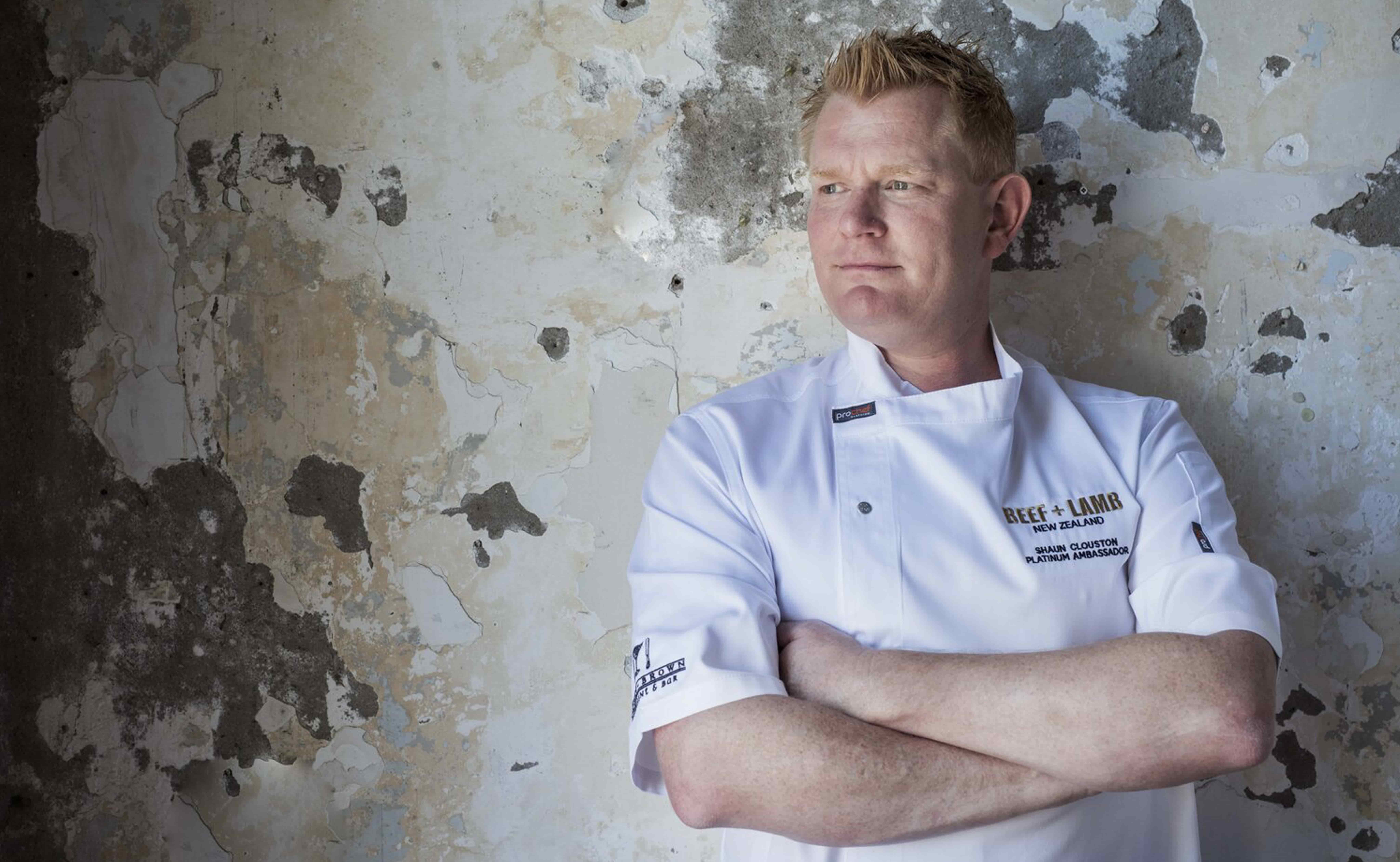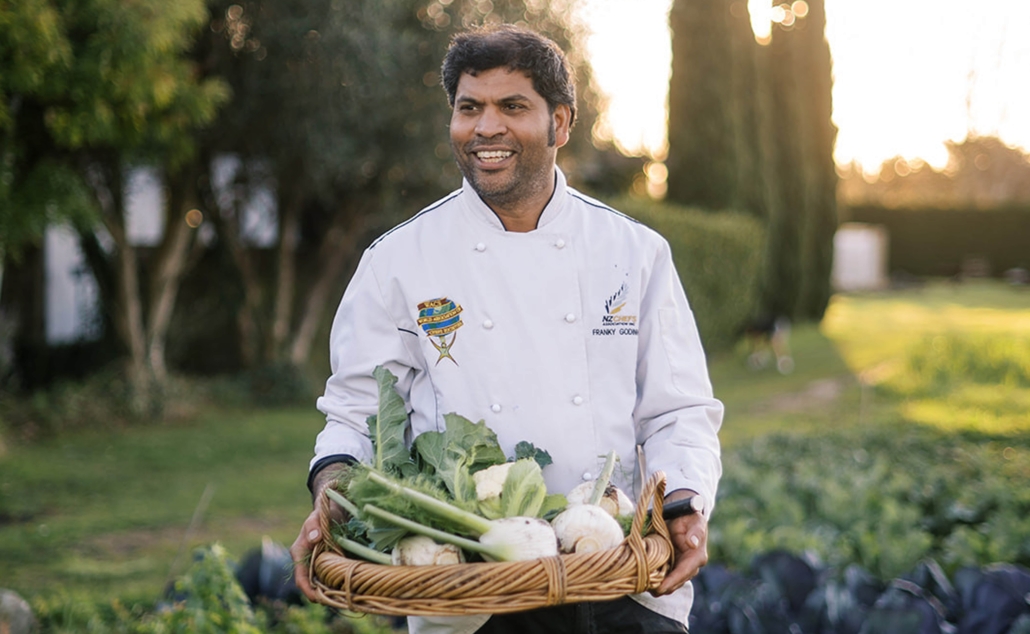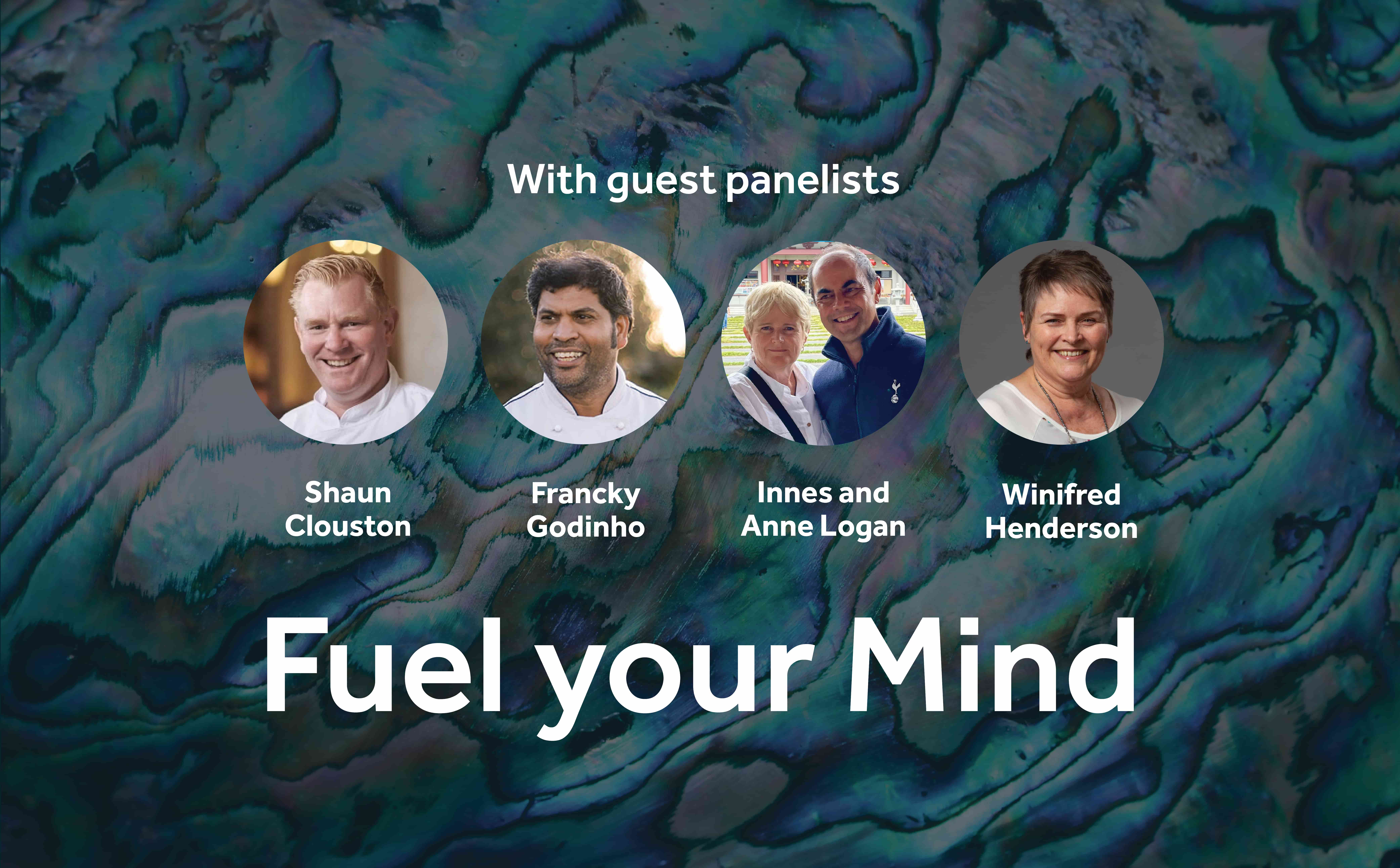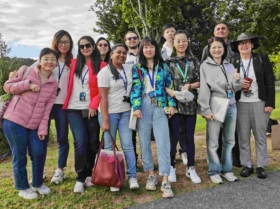Fuel Your Mind: Kai, Connection and Living Well with Dementia
“It’s not just about nutrition,” says Winifred Henderson, Senior Educator at Dementia New Zealand. “When we do something that feels meaningful – preparing a meal, sharing it, being part of a group – it gives us a lift. It’s about belonging. And that’s what sustains us.”
That was the essence of Fuel Your Mind, a recent online panel held during Matariki that brought together chefs, care partners, and people living with dementia | mate wareware to reflect on the role of food in our lives – not just in terms of health, but in connection, identity and purpose.
Winifred opened the conversation by sharing the 14 modifiable risk factors for dementia as identified by the 2024 Lancet Commission. These range from high blood pressure and hearing loss to social isolation and diet – all lifestyle elements that, if addressed, could delay or potentially prevent up to 45% of dementia cases.
But Winifred went further, framing brain health as more than a checklist.
“Enablement is about supporting someone to do something, not doing it for them. We all need that sense of success, of contributing. When we feel purposeful, we feel confident. That grows our self-belief.”
Real people, real voices
Anne and Innes Logan
Tevita Havea
Anita Buckmaster
Anne Logan, founder of the Young Onset Dementia Collective (and husband of Innes Logan, who lives with young onset dementia), was eager to add practical experience from her work with the Collective, and the work they do with food rescue group, Fair Food.
Each Monday a group of volunteers with young onset dementia spend the day at the Fair Food kitchen in Avondale preparing up to 200. “They wanted to share what cooking together means to them – the joy, the teamwork, the sense of still being part of something bigger.”
One of those volunteers is Tevita Havea. A warm, thoughtful man who spoke from both experience and his Tongan culture, Tevita shared how food has shaped his identity.
“In our culture, food is number one,” he said. “It’s how you bring people together, how you show care, how you open the door to conversation.” He added, “When I’m in the kitchen, I don’t feel like someone with dementia. I feel like someone with purpose.”
Anita Buckmaster, who also lives with young onset dementia, echoed this feeling. She talked about how volunteering at Fair Food has become a meaningful part of her week – a space where she can connect with others, be productive, and just enjoy being herself. “It gives me something to look forward to,” she said simply.
Anne summed up the team’s participation at Fair Food. “People with dementia still want to contribute – they just need the opportunity. Watching my husband thrive when he’s part of the kitchen team has been incredibly moving. He’s not being ‘looked after’ – he’s just being himself, with a role to play.”
While not part of the panel discussion, Michelle Baus, CEO at Fair Food described the team’s weekly contribution as both generous and deeply capable. “We didn’t have to adapt more than we would for any other group of volunteers,” she said. “But we did make sure to match colours – not putting red tomatoes on red chopping boards — and quickly learned we needed to keep up with their speed. Some of them chop like professionals.”
What stood out most, though, was the strength of connection. “This is a group of people whose worlds are shrinking – losing work, friendships, independence. But on Mondays, they’re surrounded by mates, sharing laughs, doing something real together. You can’t underestimate what that means.”
Simple food, shared well
The panel also featured two celebrated chefs: Shaun Clouston of Logan Brown, and Francky Godinho of St George’s Restaurant. Both brought practical ideas to the table – and a shared belief that food should never be intimidating.
Shaun’s advice was simple: start with something you love.
“Get excited about the ingredients first. Then make something delicious – for yourself, or your whānau. And if you can cook with someone, even better. That’s when food really comes to life.”
He also reminded the group that sharing food is about care.
“Even if it’s just for yourself, take the time to plate it like you’re cooking for your mum or dad. It makes it feel like something special.”
For Shaun, having the right tools – a good chopping board, a sharp knife – also makes cooking feel more inviting.
Francky agreed. At his Havelock North restaurant, much of the produce is grown onsite.
“We grow it, we use it, and if there’s extra, we share it,” he said. He encouraged people to try growing even just a few herbs or vegetables. “It’s not expensive. You don’t need a big garden. Just a bit of time, and the food tastes better.”
He also reflected on how food carries meaning across generations. “In our culture, food is everything. When I was growing up, we didn’t waste anything. I’ve passed that on to my kids – respect the ingredients, don’t over complicate things, use what you have.”
Both chefs shared ideas for small changes that support brain health without being overwhelming:
- Use olive oil and wholegrains where you can
- Add more colour to your meals – herbs, vegetables, fresh fruit
- Keep soups on hand in winter – nourishing, easy to digest, and comforting
- A shared table.
If there was one message that tied all the voices together, it was this: food connects us. It helps us participate, it creates moments of joy, and it lets us contribute in ways that feel natural.
As Winifred put it: “Cooking taps into memory, movement, conversation – all the things that make us who we are. And when we share food with others, we’re reminded we’re still part of something.”
You can watch the full panel discussion here.








